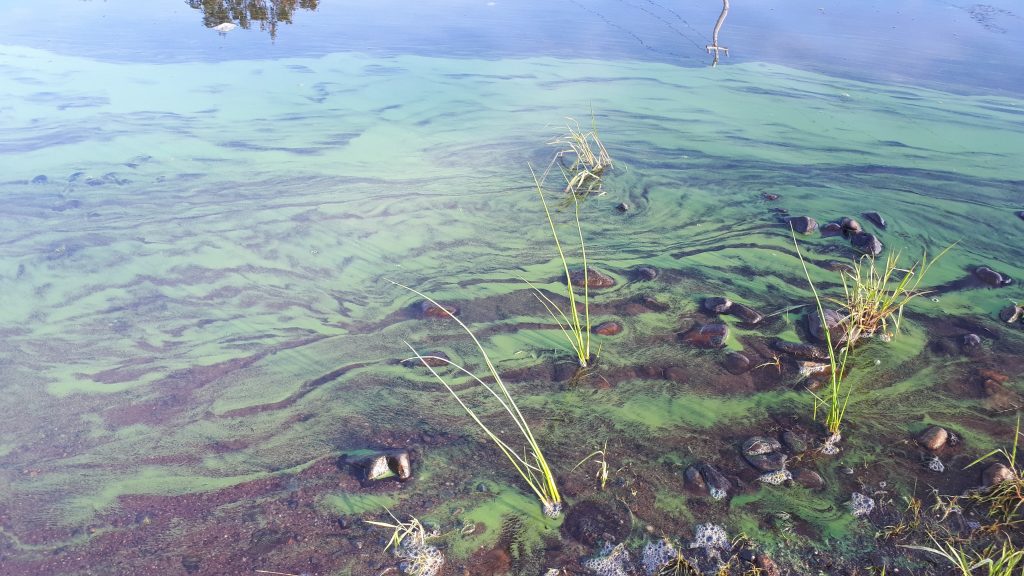The province is raising awareness among residents about the signs of blue-green algae, especially as temperatures rise and rainfall increases. Blue-green algae can manifest in various ways; it may resemble fine grass clippings, spilled paint, or a thick scum on the water's surface. Algae mats can also appear as clumps of vegetation and may change in color, looking brown, black, or green. However, it is crucial to note that not all blue-green algae blooms are visible to the naked eye, and even unseen blooms can lead to health risks.
The Department of Environment and Climate Change maintains a list of potential blue-green algae bloom sightings in the province. Once a sighting is recorded, it remains on the list for the entire season, as occurrences of blue-green algae are prevalent. Additionally, the Halifax Regional Municipality monitors and reports on the status of supervised beaches within the municipality from July 1 to August 31.
Timothy Halman, the Minister of Environment and Climate Change, commented on the situation, stating, "Nova Scotia is known for our abundance of beautiful lakes, which are enjoyed for swimming, boating, and walking along the shore. Climate change is causing more blue-green algae in our lakes and other freshwater bodies. As summer approaches, we are reminding Nova Scotians about the tools available to help them recognize and prevent exposure so they can enjoy our lakes and other freshwater safely."
Exposure to blue-green algae can lead to a variety of health issues when swimming. Symptoms may include itchy and irritated skin, as well as irritation of the eyes. In more severe cases, inhalation or ingestion can result in headaches, fever, diarrhea, abdominal pain, nausea, vomiting, and even liver damage. Children are particularly vulnerable due to their lower body weights and tendency to spend more time in the water. For those who come into contact with blue-green algae, it is recommended to wash the skin and clothing immediately.
Moreover, the province urges pet owners to exercise caution, as pets are often attracted to the smell of algae blooms, which can be fatal if ingested. If a pet comes into contact with algae, it is essential to seek immediate veterinary assistance.
In 2024, the Nova Scotia New Democratic Party (NDP) renewed its push for the establishment of a Provincial Lake Advisory Commission, aimed at the protection and conservation of healthy lakes and other bodies of water. As of now, this commission has yet to be formed, underscoring the ongoing challenges in addressing the blue-green algae phenomenon in the region.











